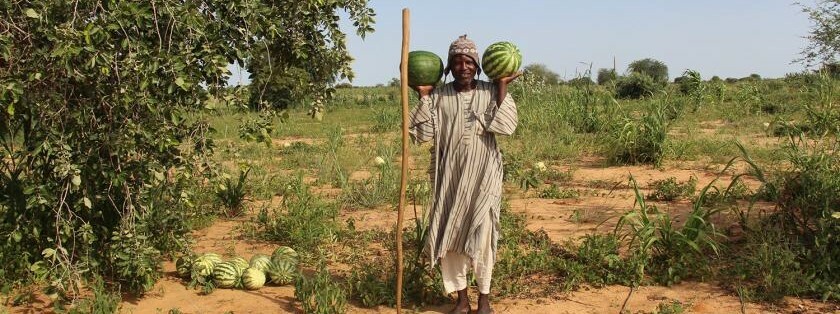Ahmed Ibrahim, an agriculture official in Beleil locality, north-east of South Darfur capital Nyala, complained about obstacles hindering preparations for the upcoming agricultural season in the area. These obstacles include security concerns, the lack of access to improved agricultural seeds, and conflicts over agricultural lands among different communities.
Speaking to Radio Tamazuj on Saturday, Ahmed stressed the importance of supplying improved seeds that are resilient to environmental conditions and vital for combating agricultural pests like locusts and starling birds.
He noted, “The failure of the previous agricultural season resulted in food grain shortages, leading to a significant surge in prices. For example, the price of a bag of millet soared to 100,000 Sudanese pounds, while maize reached 60,000 pounds.”
Hamid Ahmed Omar, a farmer in the area, expressed, “The impact of war in Sudan has greatly diminished our agricultural resources, and now, as the rainy season approaches, we urgently require quality agricultural seeds.”
He called upon the appropriate authorities to initiate early measures against agricultural pests to prevent a repeat of the challenges faced last year by the end of the season.
Meanwhile, farmer Mariam Ahmed Al-Sayed emphasized that agriculture is her main livelihood. She urged the relevant authorities to prioritize providing security, stability, agricultural seeds, and pesticides to guarantee a successful upcoming season.
Apart from South Darfur State, the paramilitary Rapid Support Forces (RSF) controls East Darfur, West Darfur, Central Darfur, and El Gazira states.
The conflict is increasingly undermining agricultural production and jeopardizing people’s livelihoods, according to FAO. Agriculture is a pillar of life in Sudan. Up to 60–80 percent of the entire population is engaged or reliant on agriculture for income. But farming and pastoral activities have been scarred by war.




